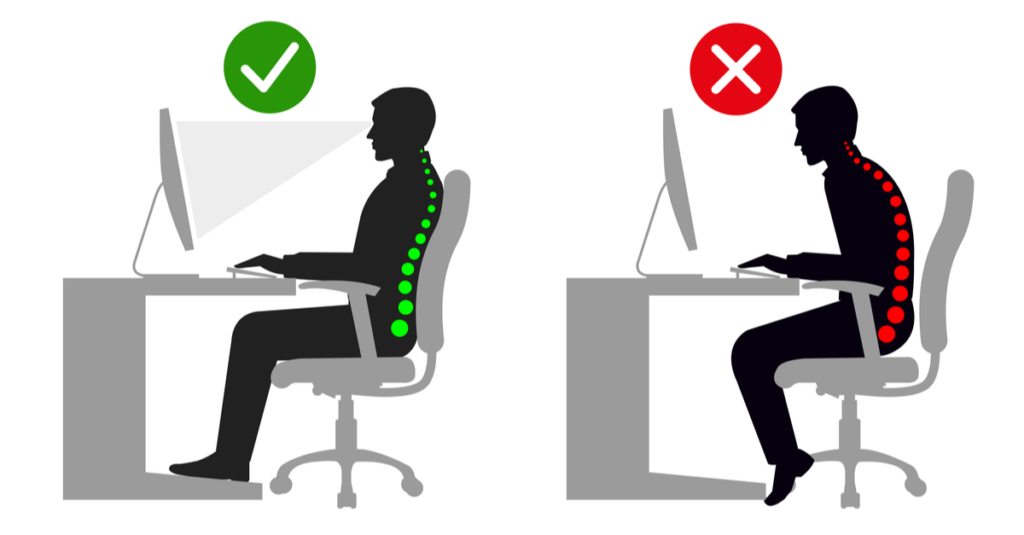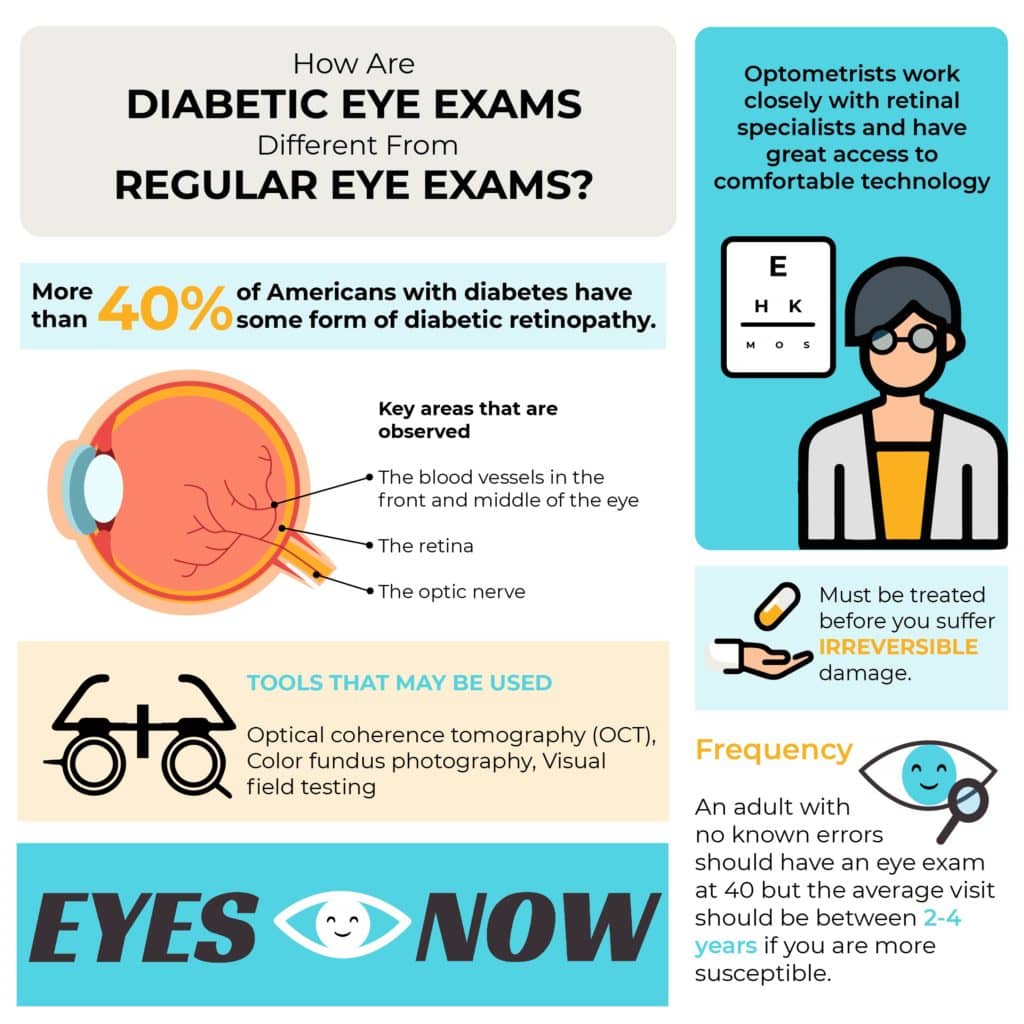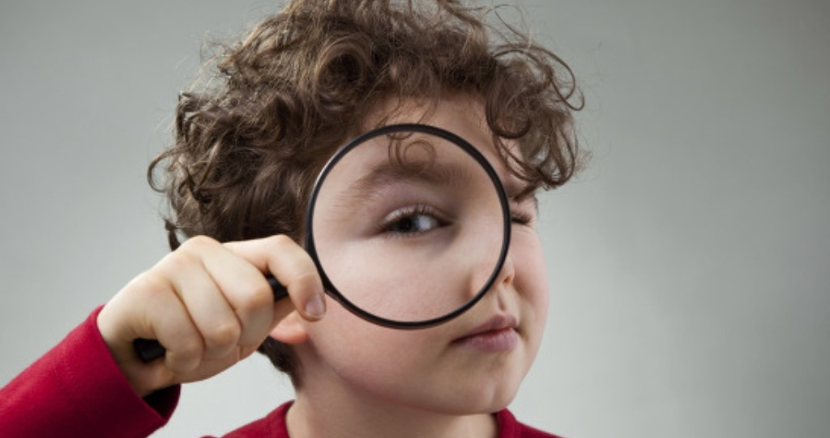Wear Protective Eyewear
You should always wear the proper eye protection when doing things that could hurt your eyes, like using power tools, working with chemicals, or playing sports. Safety masks or glasses with lenses that can take a hit can protect your eyes from getting hurt by dust, chemicals, and other possible dangers.
Adequate Lighting
Ensure that your home and work areas are well-lit to reduce eye strain. Inadequate lighting can lead to eye fatigue and discomfort, increasing the likelihood of accidents or injuries.
Keep a Safe Distance
Maintain a safe distance from objects or activities that could cause harm to your eyes. When using tools or equipment, follow the manufacturer’s guidelines for recommended distances to minimize the risk of projectiles reaching your eyes.
Childproofing
If you have children, ensure that hazardous items like sharp objects, chemicals, and small toys are stored out of their reach. Children are particularly vulnerable to eye injuries, so childproofing your home is essential.
Proper Computer Ergonomics

If you spend much time in front of a computer, follow proper ergonomics to prevent eye strain. Position your monitor at eye level, maintain a comfortable viewing distance, and take regular breaks to rest your eyes.
Safe Cleaning Practices
When using cleaning products or chemicals, read and follow the instructions carefully. Use protective eyewear and work in well-ventilated areas to avoid eye irritation or injury from splashes.
First Aid
Know how to administer basic first aid for eye injuries. If an injury occurs, avoid rubbing your eyes, as this could worsen the damage. Rinse your eyes gently with clean water and seek medical attention promptly.
UV Protection
Ensure you use sunglasses to protect your eyes from harmful UV rays when you’re outside, especially on sunny days. Exposure to UV rays for a long time makes you more likely to get cataracts and macular degeneration.
Maintain Eye Health
Good eye health demands a nutritious diet rich in vitamins, particularly vitamins A, C, and E. Make sure to keep your body hydrated and include foods like leafy greens, citrus fruits, and fish.
Regular Eye Exams

As a rule of thumb, go for an annual eye checkup with a qualified Ophthalmologist if you are middle-aged and above to monitor your eye health and timely diagnostics of any potential eye disorder. Regular checkups can help detect problems like glaucoma, cataracts, and refractive errors.
Restful Sleep
Maintaining healthy eyes requires a commitment to a regular schedule of restful sleep. Lack of sleep may cause headaches and pain around the eyes. Keeping your eyes safe at home and in the workplace is easy if you follow these guidelines and look out for any dangers.

